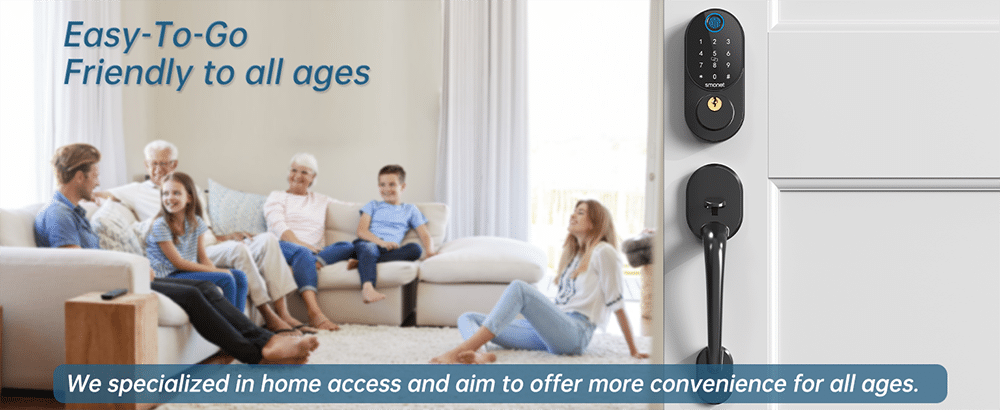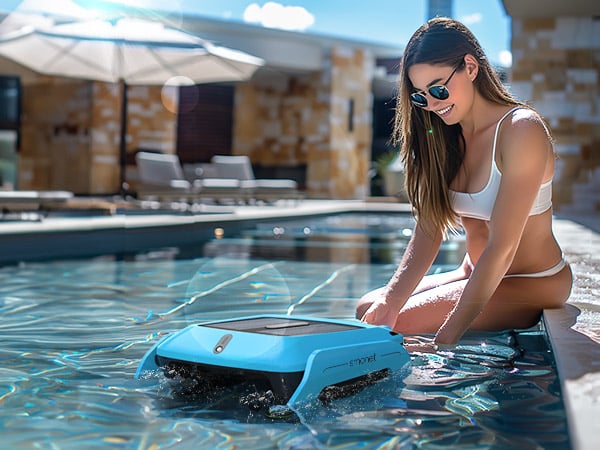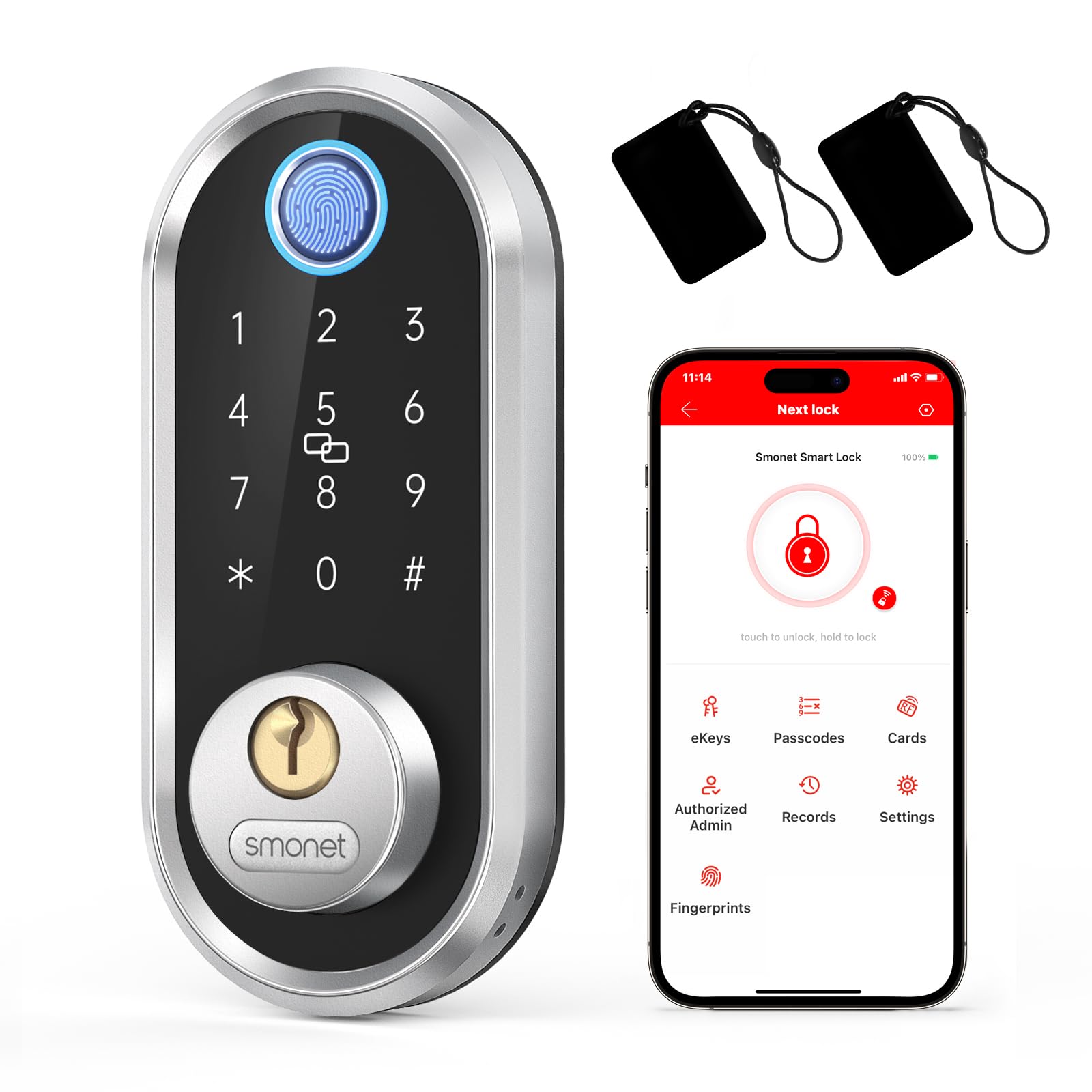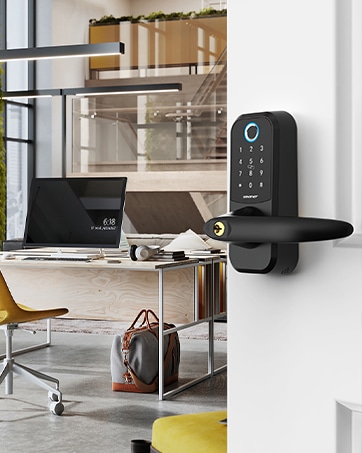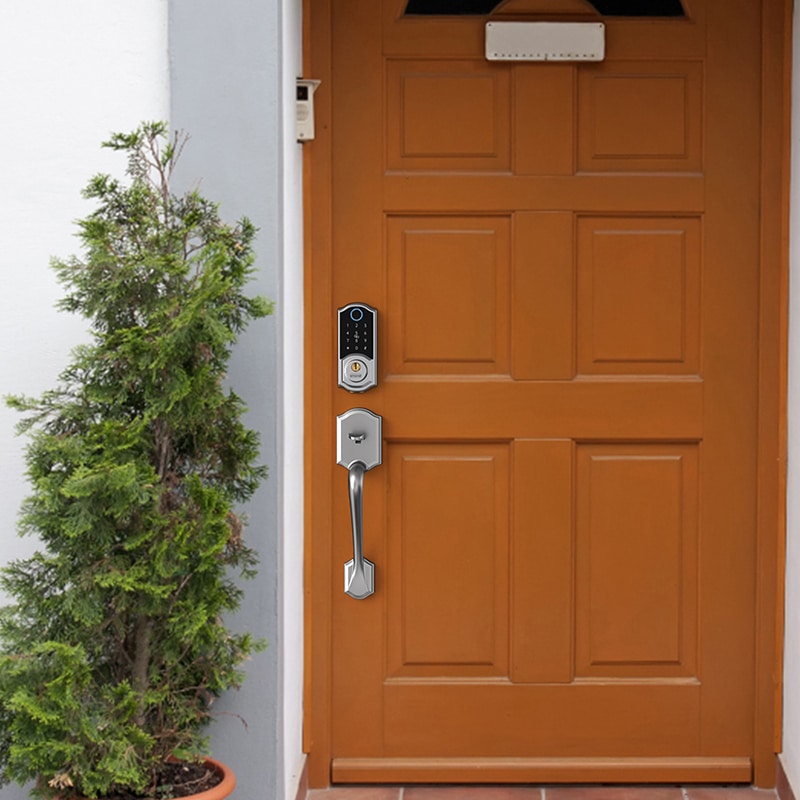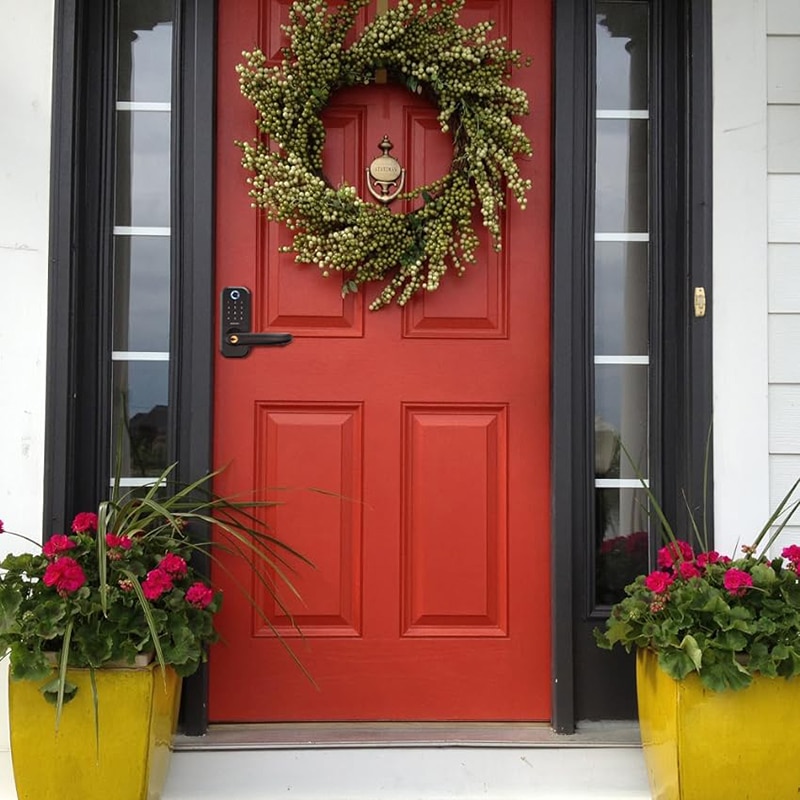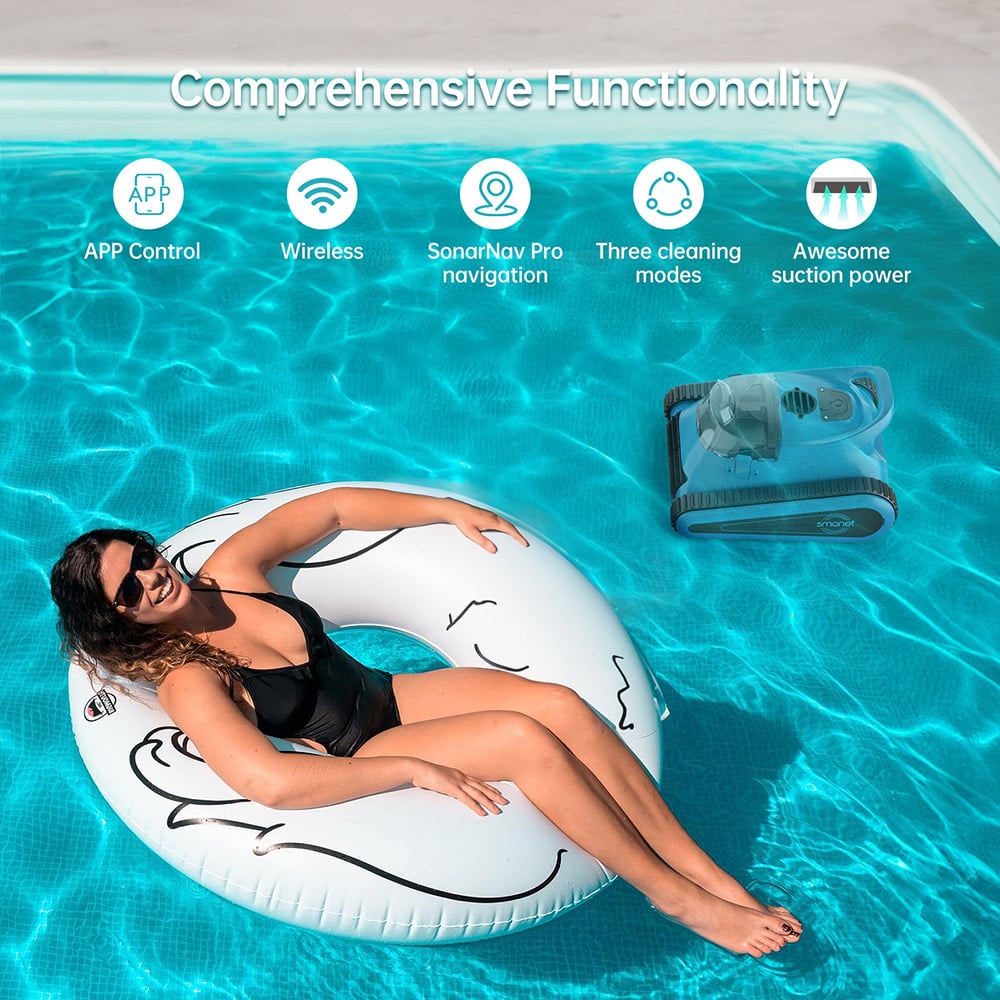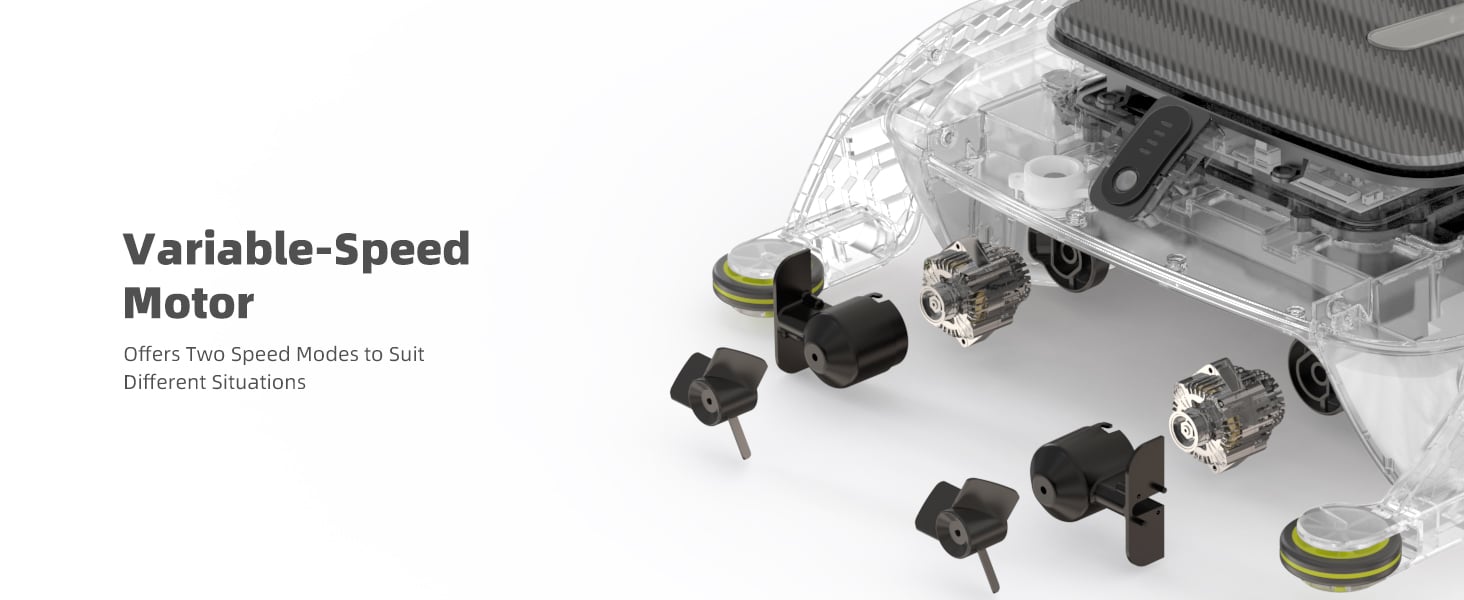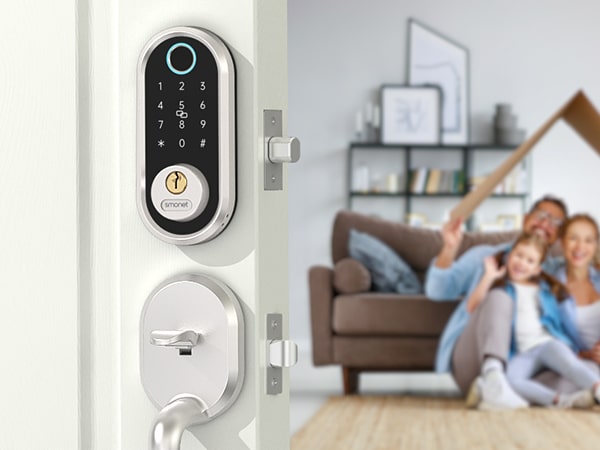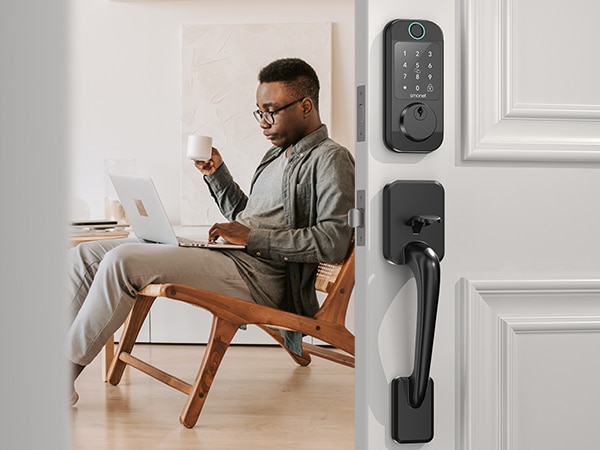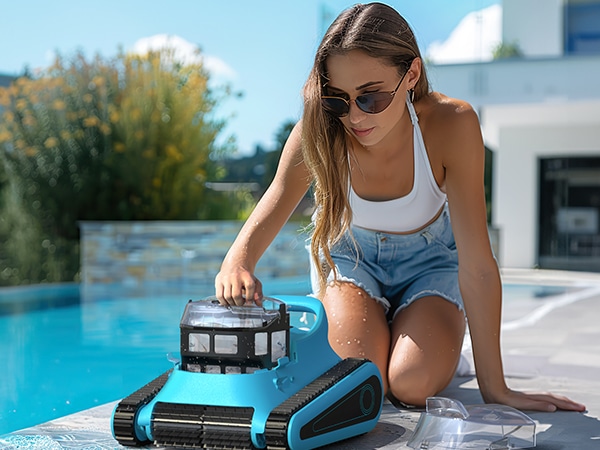Understanding The Installation Requirements For Biometric Locks For Home
Biometric door locks represent a significant development in home security. They employ technologies like fingerprint recognition, facial recognition, and even retina scanning to provide easy, keyless access to your home without compromising on security. Despite the advanced technology involved, the installation of these locks is relatively straightforward, although there are some specific requirements you should be aware of. This article will guide you through these considerations to ensure a successful installation.
Door Compatibility:
Before anything else, ensure your door is compatible with the biometric door lock for home you’ve chosen. The lock will usually require a certain door thickness, so measure your door and compare it to the lock’s requirements. Also, consider whether your door swings inwards or outwards as some locks are designed specifically for one type or the other.
Necessary Tools:
Like any DIY installation, ensuring you have the right tools is crucial. For most biometric keyless entry installations, you’ll need a chisel, a drill with correctly sized bits, a screwdriver, and possibly a hammer.
Power Supply:
While traditional locks are entirely mechanical, biometric locks require a power source to function. Most often, this takes the form of batteries that need regular replacement. The type of batteries required and their lifespan will depend on the model of lock you’ve chosen, but the replacement process is typically straightforward.
Technical Skill:
Despite the relatively straightforward nature of installing most biometric door lock system for office, some basic DIY skills are required. If you don’t feel comfortable drilling into your door or fitting the lock, it may be beneficial to hire a professional for the job.
Weather Resistance:
Consider whether the lock will be shielded from the weather or if it needs to be weather-resistant. External factors like rain, snow, excessive heat, or humidity can influence the lock’s longevity and functionality.
Connectivity:
Some biometric locks offer connectivity features like WiFi or Bluetooth for syncing with your smartphone or smart speaker. If you choose a lock with these features, check whether your home’s network coverage extends to the door in question.
Manufacturer's Guidelines:
Always refer to the manufacturer’s guidelines before installing your lock, as each lock has specific requirements that need to be met. Complying with these guidelines will ensure your lock functions correctly and is secure as intended.
Biometric door locks stand as an incredible blend of convenience and security, providing swift, secure access to your home with the touch of a hand or the look of your face. And with an understanding of these seven installation requirement considerations, fitting your new lock should be a seamless, hassle-free experience.
Prime Day OFF
Until the End
-
Master Of Cleanliness: Visual Guide To Recognizing And Understanding Your Electric Pool Cleaners
-
Making the Right Choice for A Best Keypad Door Lock: A Guide Based on Material Consideration
-
The 7 Most Common Types of Locks for Home and Office Security
-
Door Knob With Fingerprint Identification- The Future Of Home Security
-
Selecting the Ideal Digital Door Lock Style and Color for Your Abode
-
Evolution Of Security- Smart Door Key Lock
-
Mailbox Digital Lock- Reinventing Mail Security In The Digital Age
-
Exploring Alternative Unlocking Solutions - Smart Lock Fingerprint Cards and Wristbands
-
Touch Id Door Locks- Next-Generation Security At Your Fingertips
-
Why Smonet Tops The Best Cordless Pool Vacuum List

